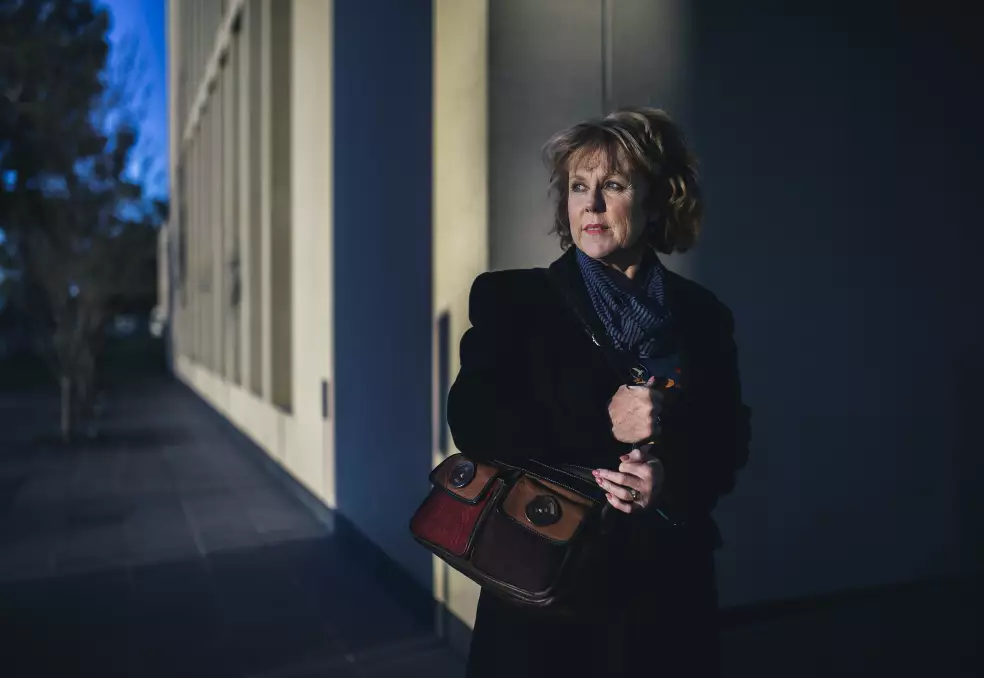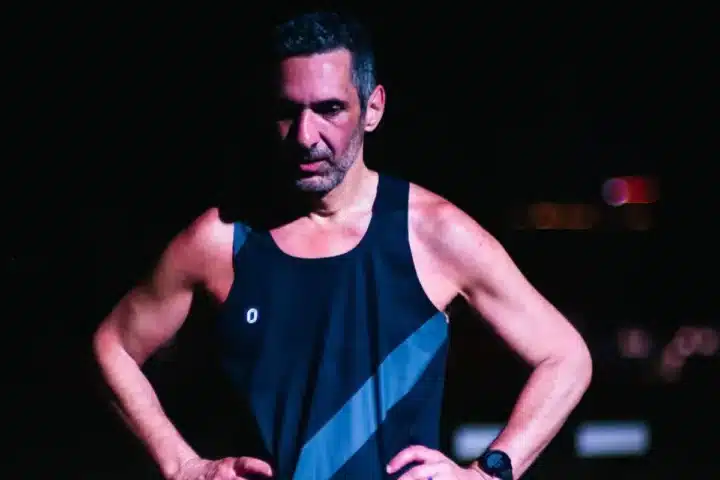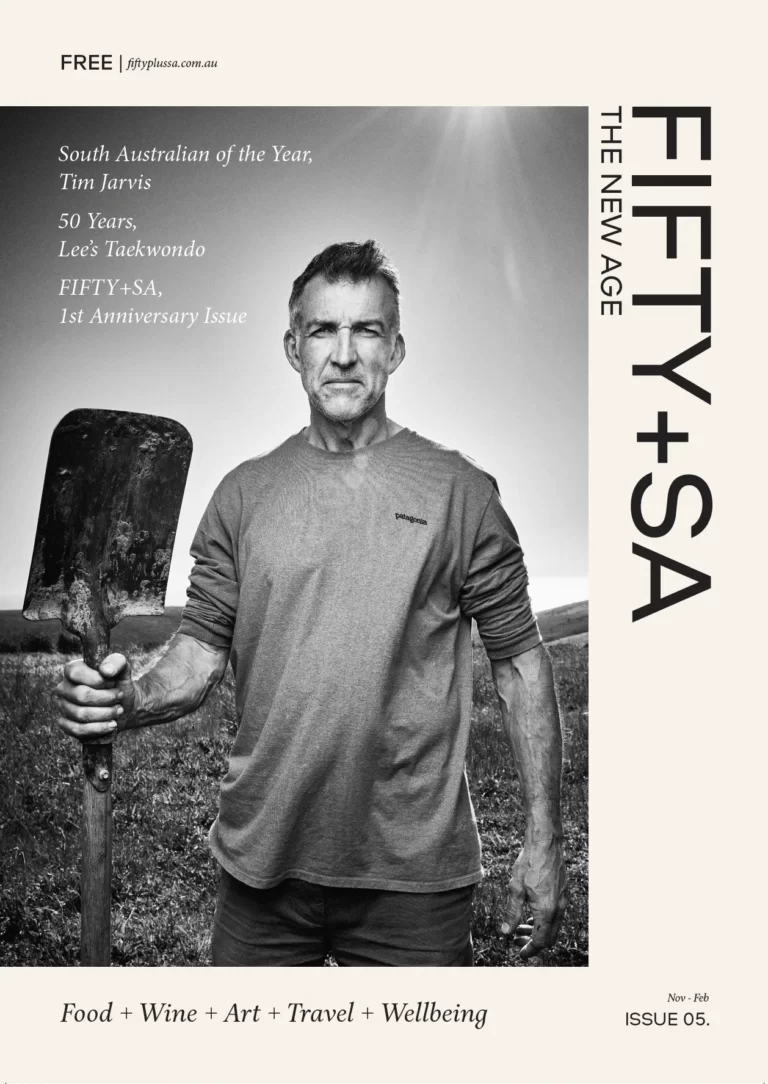Over the next four years, Lucy stood steadfastly by Daniel’s side as he underwent surgeries, radiation treatments, and relentless rounds of chemotherapy, each taking a toll on his already fragile health. Their family was thrown into turmoil, grappling with the anguish of watching Daniel suffer without the power to ease his pain.
By 2014, Daniel’s condition had worsened significantly, with chemotherapy-induced nausea and vomiting landing him in the hospital every two weeks. Despite a friend’s suggestion to try cannabis for relief, Daniel initially hesitated, knowing his parents’ staunch opposition to its use due to his father’s former career in law enforcement.
However, when Daniel’s suffering became unbearable, Lucy’s desperation led her to embrace any possibility of relief, regardless of her prior beliefs. With cannabis, Daniel experienced a remarkable transformation – his nausea abated, his appetite returned, and he found respite from the debilitating side effects of chemotherapy.
Witnessing this profound change compelled Lucy to challenge her preconceptions about cannabis. Through extensive research and soul-searching, the family made the courageous decision to advocate for access to medical cannabis, recognising the unjust stigma and legal barriers they now faced as advocates for their son’s well-being.
We sat down with Lucy to find out more about the Australian Medicinal Cannabis Association and its objective to improve patient access to medicinal cannabis.
As the Co-Founder and former Chair of the Australian Medicinal Cannabis Association (AMCA), can you tell us about the association’s mission and objectives?
For many years I had tried to change the minds of Australians, just as I needed to be re-educated about cannabis. I focused on educating the health workforce and key government decision makers by running the Australian Medicinal Cannabis Symposium. I started this before Dan passed away in 2014. I brought experts from around the world to Australia to demonstrate that Australian laws were lagging behind and that global research was proving that cannabis had incredible medicinal value.
I did any media when I was asked, I helped with two documentaries and spoke to every community group that I could. I participated in senate enquiries and spoke to as many politicians of all political persuasions as I could.
One year after Dan passed away, the law changed and Australia legalised the medicinal use of cannabis. This should have been a victory, but the laws were so complicated, and it seemed were more about control rather than access. I realised I could not make progress alone and began to surround myself with people from various professions; doctors, nurses, lawyers, researchers and importantly patients.
In 2020 I co-founded the Australian Medicinal Cannabis Association (AMCA), with Dr Teresa Nicoletti, a lawyer who had been helping me advocate on behalf of several patients who were adversely affected by the regulations.
AMCA is made up of the many people who represent the sector, including the industry and health professionals, so essential to making it work well for patients. Our motto is that “Our strength is in our Breadth”. In AMCA we have a clinician’s group, a nurse’s group, a pharmacist’s group and a cultivator’s group. They provide each other with peer support and education. The patient centric ethos is part of the core values of each group.
Our objectives are to provide affordable regulated medicinal cannabis to Australian patients who could benefit from it and to provide support to the industry tasked with supplying those patients.
We were essentially brainwashed to believe that cannabis has no medicinal value, and that harms were all it could offer.
How do you envision the future of the medicinal cannabis industry in Australia, and what role do you see patients and healthcare professionals playing in its development?
The legalisation and rise of popularity of medicinal cannabis has been in response to patient demand. That demand is growing despite all the obstacles because medicinal cannabis can be, for some patients, life changing. Those are the simple facts. Whenever there is a way to reduce human suffering, patients will move to that treatment option no matter what the government allows or what doubting health practitioners think. Doctors are the key and those that do learn about the science of medicinal cannabis and then prescribe cannabis for their patients, become the greatest advocates of all. They learn quickly that cannabis can be an exit drug from the opiates and benzos that are so highly addictive and have such untenable side effects like accidental death from overdose.
Medicinal cannabis offers an incredible safety profile and provides relief to such a wide range of medical conditions I have no doubt that as we become more exposed to the current research, our attitudes will do a complete reversal and that eventually the medical professionals will look at it with fresh and eager eyes and will be remorseful that they held onto the damaging views of the past.
What I saw required me to rethink what I thought I knew about cannabis. I researched as much as I could and together, we decided to take a stand against the fact that Dan was now a criminal for using cannabis and I was a criminal for providing it for him.
What are some common misconceptions about medicinal cannabis, and how do you address them through your advocacy work?
One of the biggest challenges has been and continues to be battling the stigma.
We were taught to believe that cannabis is a dangerous gateway drug which causes Schizophrenia. In understanding why this was commonplace thinking, you must first understand the history of prohibition. The truth is far from the propaganda of the Reefer Madness era, which is laughable at best. We were essentially brainwashed to believe that cannabis has no medicinal value, and that harms were all it could offer.
Prohibition meant that research was restricted to study of the harms of cannabis and now the lack of evidence is used as an excuse for not allowing cannabis to be considered.
Today that stigma remains in the form of doctors who send their patients away or refuse to consider cannabis as a treatment option. It remains in our workplace drug testing regulations and drug driving laws where there is fundamental injustice involved in presence-only cannabis-driving offences, where most of the victims are not in the least impaired, and especially if they are using cannabis medically?
There is also confusion about what actually IS medicinal cannabis. People often think that if it is medicinal, there is no chance of getting high. One cannabinoid called THC can have a psychotic effect if it is used in high doses. The thing about medicinal use is that the patient is not seeking to get high and used carefully, under medical supervision, it can be used without significant side effects. The side effects are far milder than many of the approved pharmaceuticals it can replace.
In your opinion, what steps should be taken to ensure that the medicinal cannabis industry remains patient-centric and morally grounded?
We need the Government to be more active in oversight of how the industry conducts itself. The egregious marketing and unethical behaviours need to be called out and punished. The playing field must be level, so patients are given a good industry and not just one that thrives on gaining more customers. Organisations such as The Australian Health Practitioner Regulation Agency (AHPRA) need to be far more responsive to unethical prescribing.
The Government also needs to invest in patients by making a bigger effort to collect the data which will one day build the evidence that health professionals are seeking. To constantly say that businesses need to invest in clinical trials and have their products registered so they can be subsidised is too simplistic. There will not be significant investment in this way as there is no commercial gain in having a patentable product. Cannabis medicines do not fit neatly into the system that they have been relegated to and if the political will was there to make amends, patients would benefit.
Looking ahead, what are your hopes and aspirations for the future of medicinal cannabis in Australia?
Medicinal Cannabis patients are being adversely affected and discriminated against by outdated driving and workplace drug laws. These are huge issues which are influenced by ignorance and stigma. Those key decision makers need to firstly address their own ignorance so they can make decisions based on the science rather than the fear that has dictated laws till now.
My hope is that patients will increasingly gain benefit, costs will be driven down, the number of prescribers will continue on its upward trajectory and that the dangers and costs associated with polypharmacy will be reduced as more patients swap out their pharmaceuticals for cannabinoids.
My hope will be that the patients that are falling through the cracks will be helped and that we no longer criminalise patients who are just trying to manage debilitating conditions and symptoms.

One year after Dan passed away, the law changed and Australia legalised the medicinal use of cannabis. This should have been a victory, but the laws were so complicated, and it seemed were more about control rather than access.
What is Medicinal Cannabis?
Medicinal cannabis, sometimes called medical marijuana, is the use of the cannabis sativa plant for any medical purpose. Medicinal cannabis is a drug that medical professionals can prescribe to treat or relieve symptoms of some medical conditions e.g., cancer pain.
Types of medicinal cannabis include:
- Oils, tinctures, and other extracts (e.g., CBD oil)
- Raw and dried cannabis
- Resin (hashish)
- Natural and synthetic cannabinoids (usually in capsule form)
What is Medicinal Cannabis used for?
Medicinal cannabis is mainly prescribed by doctors to assist with management of pain or symptoms associated with serious medical conditions, including:
- Cancer pain and/or symptoms
- To relieve vomiting resulting from chemotherapy
- Severe epilepsy
- Treating muscle spasticity and pain in Multiple Sclerosis
- Pain caused by nervous system damage
- Palliative care – to relieve pain or symptoms related to a terminal illness
Medicinal Cannabis in South Australia
Patients in South Australia can access medicinal cannabis on prescription from their authorised medical practitioner and dispensed by a pharmacist.
Bayside Pharmacy
Bayside Pharmacy is an approved dispenser of Medicinal Cannabis, with experienced compounding pharmacists preparing scripts.
Bayside Village Shopping Centre, Shop 10 Brighton Rd, Glenelg
IvyMed Clinic
IvyMed Clinic, Adelaide’s first medical cannabis clinic, now operates in two locations, Pasadena and Prospect.
262 Main North Road, Prospect
Shop 9, Pasadena Shopping Centre, 16 Fiveash Drive, Pasadena









